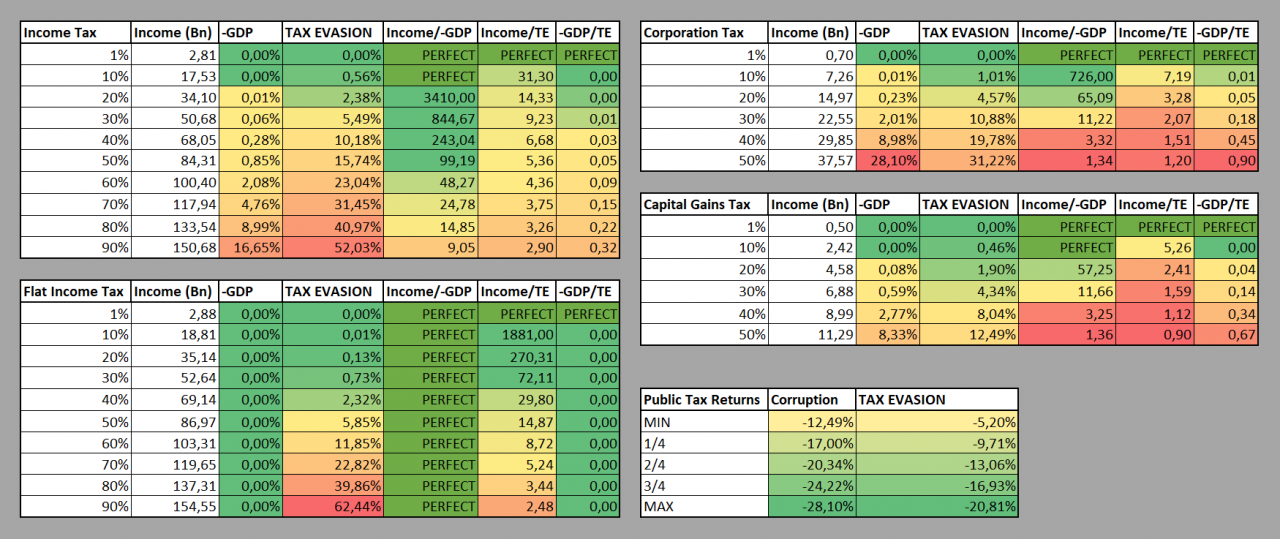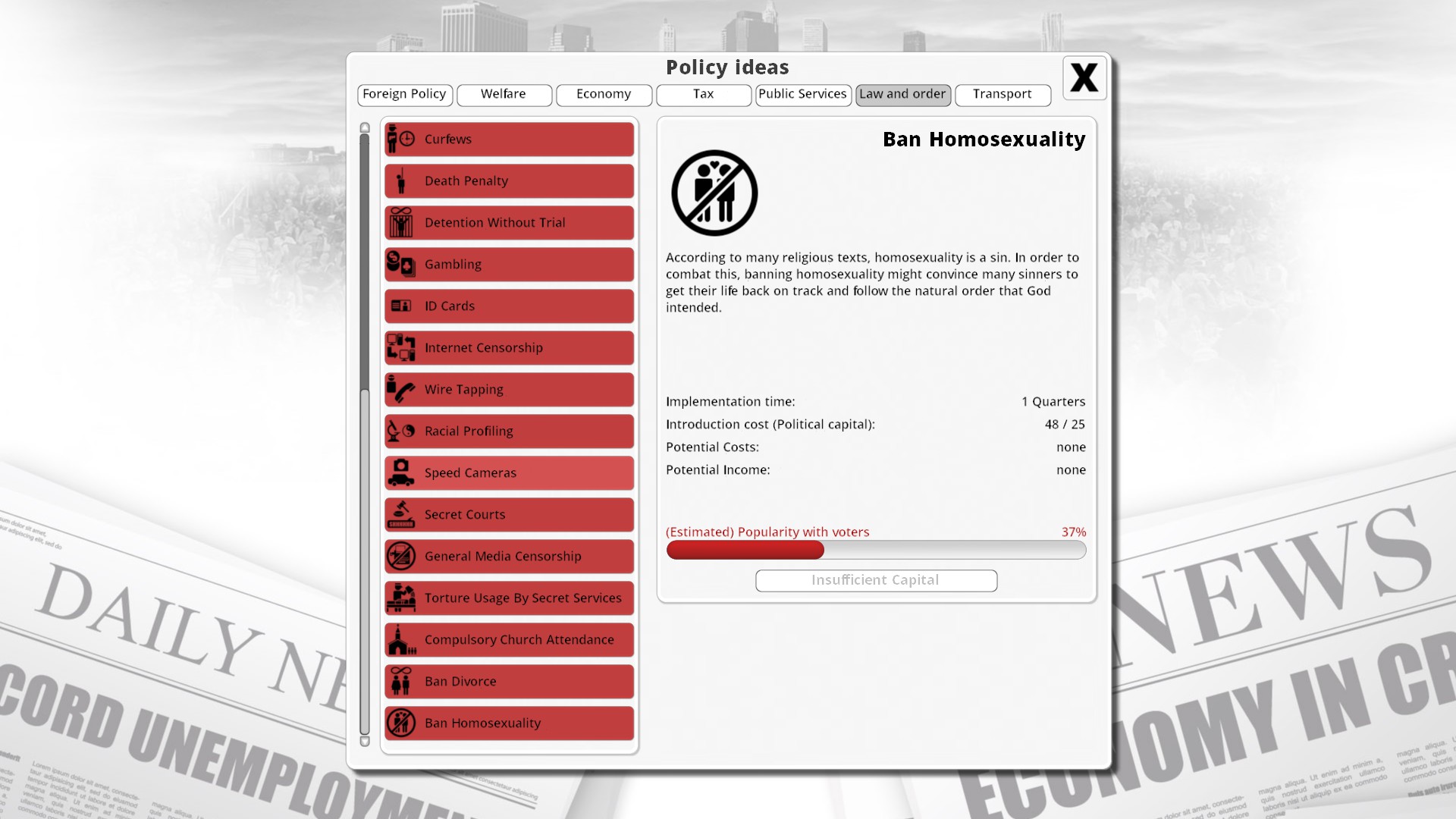

On April 4, 2023, former president Donald Trump was arraigned and pleaded not guilty in New York State Supreme Court to state felony charges that he “repeatedly and fraudulently falsified New York business records to conceal crimes that hid damaging information from the voting public during the 2016 presidential election.”

The main facts of the case have been known for some time (and are detailed and periodically updated in a Just Security chronology). In prosecuting a criminal case, simplicity is usually better the focus is on the false statement itself, not its technical tax consequences. We note below where further information would be helpful before reaching any firm conclusion on a matter. Additional information is likely to develop as the case progresses. We offer this preliminary assessment based on both Bragg’s response to Trump’s request for a bill of particulars and previously available public information. We describe the law governing offenses involving false statements to tax authorities regardless of whether a defendant’s conduct includes an underpayment or other form of evasion of taxes. We explain these theories of the case below.

Doing so caused the payments to be treated as income to Cohen, which in turn precipitated a tax gross-up so that Cohen would be relieved of any tax burden associated with the mischaracterization.Note that the DA would not have to prove that the tax crimes were actually committed, just that the parties intended them and falsified the business records with that initial intention.
#Democracy 3 tax evasion series
Perhaps the strongest case would involve statements to tax authorities falsely characterizing the payments to Michael Cohen as “legal fees,” rather than the payments’ true nature: a series of simple reimbursements for a hush money payment. Tax-related charges could sidestep potential legal challenges related to campaign finance violations including, for example, issues of federal preemption and state statutory interpretation.Īs we explain below, Bragg was wise to strengthen the case by also predicating the felony charges against Trump based on his intent to commit (or aid or conceal) crimes involving false statements to tax authorities.

While the campaign finance bases for the charges may well be sufficient, adding tax bases is important and offers advantages for the prosecutors. In this essay, we assess what potential tax-related crimes may be implicated by Trump’s alleged mischaracterization of the payments. But, the exact contours of the possible tax crimes were not clear-even with Bragg’s response to Trump’s request for a bill of particulars in hand. Now that suggestion has been confirmed in his response on May 16 to Trump’s request for a bill of particulars: tax crimes are among the possible crimes Bragg will pursue as a predicate to bump up the charges against the former president.Ĭommentators have noted the potential power of the tax allegations to help Bragg bolster his case. As expected, Bragg pointed to federal and state campaign finance violations as those possible other crimes.īut a surprise came when Bragg also suggested that tax violations may serve as a basis for this felony “bump-up.” His statement of facts declared that “The participants also took steps that mischaracterized, for tax purposes, the true nature of the payments made in furtherance of the scheme.” Because those charges are felonies, Manhattan District Attorney Alvin Bragg is required to prove that the falsifications were made with the intent “to commit…aid or conceal” another crime. Just last month, a former President Donald Trump was arraigned on an indictment for thirty-four felony false books and records charges in New York. Part of Just Security’s work on accountability and election law. Eisen, Siven Watt, Joshua Stanton and Fred Wertheimer


 0 kommentar(er)
0 kommentar(er)
